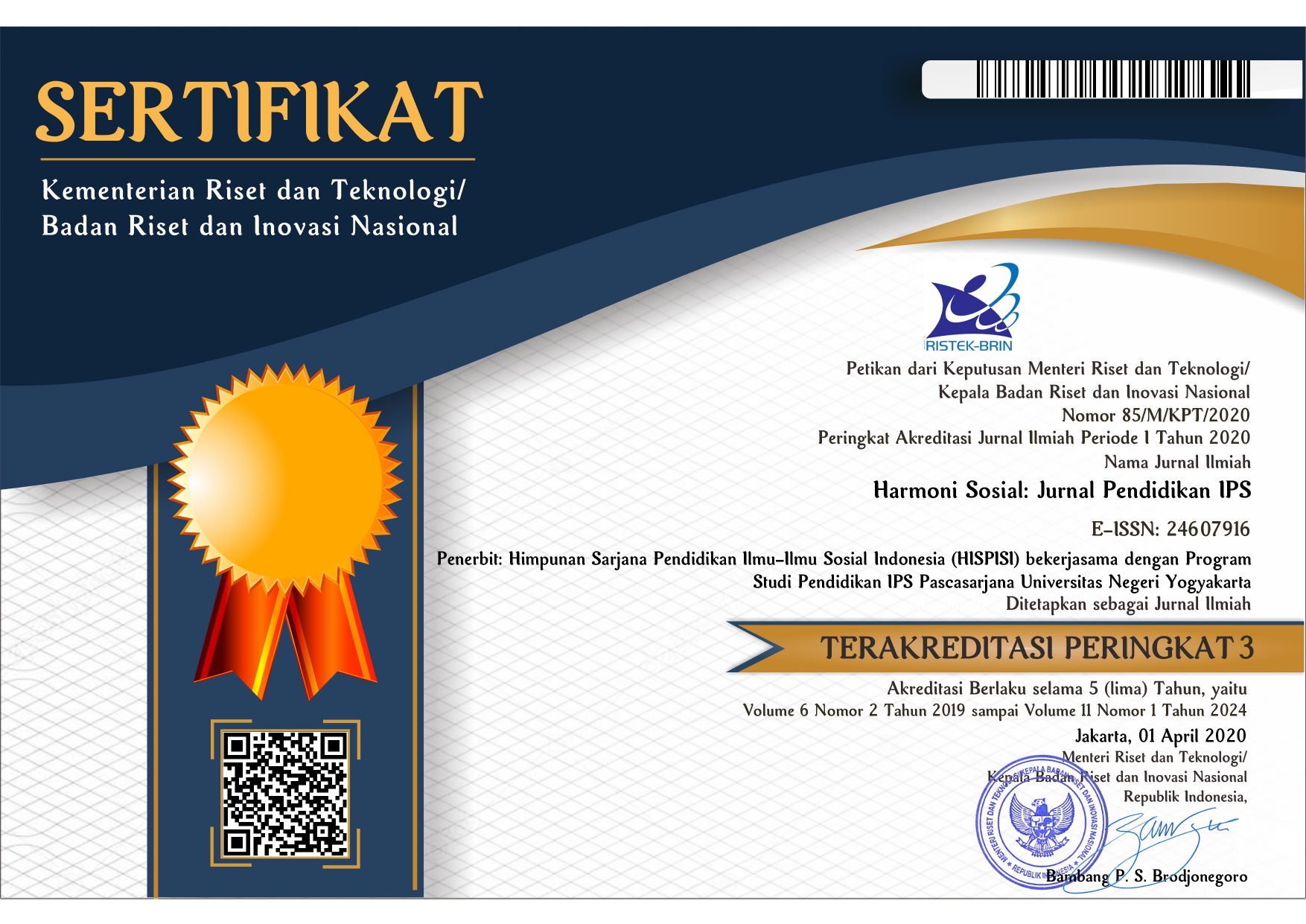"We're all travelers, all sojourners" : A pseudo-ethnography of incarceration and adaptation
Downloads
Aguila, A. N. (2015). The Filipino, diaspora and a continuing quest for identity. Social Science Diliman, 11(2).
Banks, J. A. (Ed.). (2012). Cultural reproduction. SAGE Publications, Inc. doi:https://doi.org/10.4135/9781452218533.n169
Bell, C. M. (1997). Ritual: Perspectives and dimensions. Oxford University Press.
Enriquez, V. G. (1990). Cross-indigenous methods and perspectives. Indigenous psychology: A book of readings, 210230.
Ferdman, B. (1991). Becoming literate in a multiethnic society. Literate systems and individual lives: Perspectives on literacy and schooling, 95-115.
Galea, S. (2005). Teachers as mothers: Practices of subversion. Journal of Maltese Education Research, 3(1), 14-27.
Jocano, F. L. (2002). Slum as a way of life. Manila: PUNLAD Research House, Inc.
Levinson, B. (Ed.). (2000). Schooling the symbolic animal. NU: Rowan & Littlefield.
Levinson, B. (1996). Social Difference and schooled identity at a Mexican Secundaria. The Cultural Production of the Educated Person. State University of New York Press. Albany.
Levinson, B. A., Foley, D. E., & Holland, D. C. (1996). The cultural production of the educated person: Critical ethnographies of schooling and local practice. State University of New York Press, Albany.
Li, G. (2000). Family literacy and cultural identity: An ethnographic study of a Filipino family in Canada. McGill Journal of Education/Revue des sciences de l'éducation de McGill, 35(1).
MacMillan, D. W. (2008). The advent and development of organocatalysis. Nature, 455(7211), 304-308. doi:https://doi.org/10.1038/nature07367
Narag, R. E. (2018). Understanding factors related to prolonged trial of detained defendants in the Philippines. International journal of offender therapy and comparative criminology, 62(8), 2461-2487. doi:https://doi.org/10.1177/0306624X17736041
Pe-Pua, R. (1990). Pagtatanung-tanong: A method for cross cultural research. V. Enriquez.
Piché, J., & Walby, K. (2009). Dialogue on the status of prison ethnography and carceral tours: An introduction. Journal of Prisoners on Prisons, 18, 88-90.
Rhodes, L. A. (2009). Ethnography in sites of total confinement. Anthropology News, 50(1), 6-6.
Rockwell, E. (1996). Keys to appropriation: Rural schooling in Mexico. The cultural production of the educated person: Critical ethnographies of schooling and local practice, 301-324.
Rudmin, F. W. (2010). Phenomenology of acculturation: Retrospective reports from the Philippines, Japan, Quebec, and Norway. Culture & Psychology, 16(3), 313-332. doi:https://doi.org/10.1177/1354067X10371139
Skinner, D., & Holland, D. (1996). Schools and the cultural production of the educated person in a Nepalese hill community. The cultural production of the educated person: Critical ethnographies of schooling and local practice, 273-299.
Spradley, J. P. (1980). Participant observation. California: Wadsworth Cengage Learning.
Strickland, B. R. (Ed.). (2001). The gale encyclopedia of psychology (2nd ed.). Gale Group.
Waldram, J. B. (2009). Challenges of prison ethnography. Anthropology News, 50(1), 4-5.
Walker, M. L. (2014). Punishment and coping in" golden county": An ethnography of jail living (Unpublished doctoral dissertation). University of California, Riverside.
Wolcott, H. F. (1988). A case study using an ethnographic approach. Complementary methods for research in education, 187-206.
The Authors submitting a manuscript do so on the understanding that if accepted for publication, copyright publishing of the article shall be assigned to Harmoni Sosial: Jurnal Pendidikan IPS
 | Harmoni Sosial: Jurnal Pendidikan IPS by http://journal.uny.ac.id/index.php/hsjpi is licensed under a Creative Commons Attribution-ShareAlike 4.0 International License. |










 ISSN Print
ISSN Print









